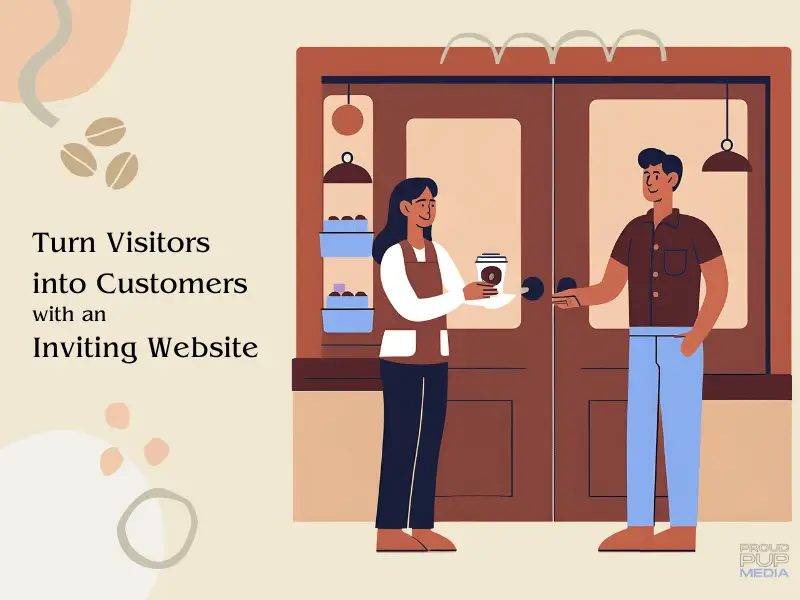Do you ever wonder why search engine optimization (SEO) is even needed for your website? If you’re writing quality content and sharing it on social media, shouldn’t that be enough?
Not so fast, friend.
It’s an Art and a Science
These days as in all things, a bit of balance is in order. And while there is a definitely an art and a science to rock your SEO strategy in 2019 there are also some simple basics that will get you on the right track.
If you’re a savvy DIYer you need no introduction to the finer points of SEO strategies. However, for those of you who aren’t quite up to speed or need a refresher, read on…
A clear SEO strategy is important for your website in many ways, the most important of which is the value readers gain from content that both enjoyable and engaging to read.
Writing content that maintains the attention of your reader is of high importance but once you’ve mastered this skill, how do you ensure people find your website? Unless you have visitors reading your amazing prose or quick-witted copy it doesn’t matter much unless of course you write for yourself, or as a hobby.
Ultimately then, the primary reason SEO is used at all for business is to convert non-paying traffic, aka readers, into paying clients. In other words, you can rock your business with a clear SEO strategy. Listed below are the top tips to improve your SEO strategy for 2019.
SEO Strategy: 12 Simple Tips to Rock your WordPress Website
- Research key words and long-tail key phrases typed into search engines (incognito page in Google) and make a list of those that don’t have high competition. Use Google Chrome Developer tools to help you. (Hint: right-click on content and choose ‘Inspect’. You’ll see a ton of code but we’re looking for keywords so you can do a search ( Ctrl-F or CMD-f on Mac) and type in ‘keywords’. Tada!
- Collect your research into a list of keywords for reference to inspire topics that are relevant to you and your business in 2018.
- Write content with relevant key words and phrases foremost in your mind and/or rewrite existing content. Add your main key words or long-tail phrases within the first 100 words of your post.
- Break up content into readable chunks, eliminating long paragraphs for easy readability. Yoast (described below) is a great tool.
- Use some keywords and long-tail key phrases in Headings: h1, h2, h3, h4, H5, H6 without disrupting the natural flow.
- Add 1-4 relevant tags to current posts and pages. If you use more than that it looks spammy on the page.
- Use post and page categories sparingly. One or two are enough.
- Optimize images and video using key words and phrases that are relevant and of interest to readers and your SEO strategy. This means adding alt-text titles and descriptions to every image for SEO Google ranking.
- Ensure every post, page, image and video is optimized for SEO within the RankMath plugin at the bottom of your post or page. Don’t stress about getting a green light all the time, just follow the guidelines. Writing for flow and readability and the interest of your readers is the most important thing.
- Create at least one backlink (a link to another page or post in your website) within each post/page highlighting key words or useful text in the hyperlink. Add them closer to the top of your post. Like the one above 🙂
- Make sure to have social media links from all your pages and posts so readers can share your content. And share your own content soon after publishing to capitalize on the most Google juice you can get.
- You don’t have to publish a lot of content, just make sure it’s great quality that provides answers to questions your customers are looking for. You can learn more about how to use Google Search Console to help you rock your SEO strategy.
The above tips will help improve your Google ranking and get your website well on its way to be fully optimized as it is relevant in 2018. And don’t worry, these things take time, and so does Google.
If you work through this list with all your content and do it right the first time, it’ll pay off. Then market that content, ensuring potential clients not only find your site but read and engage with it, ultimately converting into sales for your business.




